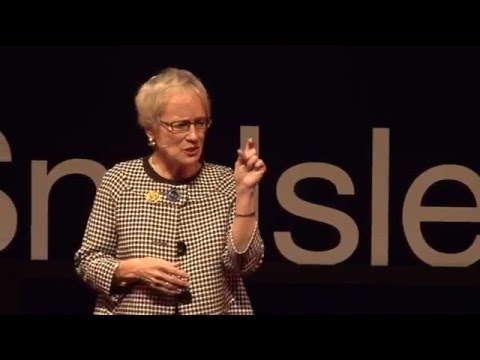
Caring for the Caregivers
Tips for Caregivers to Preserve Their Health
Frances Lewis, a professor of nursing at The University of Washington, spoke at a local TEDxSnolsleLibraries event in 2016 on the importance of caregivers’ health, especially spouses. She provides insight into how caregivers can protect and improve their own health while acting as caregivers. With millions of Americans stepping into the role of unpaid caregiving, it’s important to be aware of how this role has been perceived in the past and tips to improve caregiving based on research.
Four Ways Caregiving Affects Health
Lewis described how caregiving can allow the illness in a patient’s body to literally jump into the spouse or family, based on research. The ways they are affected include:
- 25 to 35% of spouse caregivers being clinically depressed or anxious, regardless of whether or not the illness of the one they are caring for is lifesaving or curative.
- The caregiver’s assumptive world is challenged, including all future plans, their relationship with their spouse, and everything they had considered “normal” in their life.
- The caregivers don’t know what to say or do, as their old ways of being a partner no longer work and are not helpful.
- The relationship between spouse caregiver and patient is negatively affected as marital tension escalates over an illness that doesn’t have an easy fix.
Caregiving Myths That We Need to Overcome
To find better ways of caring for the caregiver, Lewis discusses three theories, which she calls myths, that need to be overcome and replaced with new theories that are based on many years of old history and new truth based on research. These myths include:
- Feelings are easily contained in an individual. The fact is that in a relationship with serious illness, the caregiver and the patient have feelings that feed into each other. If the patient is feeling sadness or anxiousness, that cloud will be felt by the caregiver.
- All you need is a happy marriage. That will get you through the illness. Although happy marriages are buoyed by a history of a positive relationship, it takes more than a happy marriage to get through a serious medical illness.
- The spouse must swallow their feelings and forget about themselves. The evidence is that swallowing causes the stress of caregiving to get worse, and studies have shown that caregivers who practice this have elevated stress hormones. This also alters their biological pathways which protect their immunity.
Caring For Yourself
To provide health solutions for the caregiver, Lewis first states that the caregiver must take of themselves. She says this is more than just respite care, but something as simple as 15 minutes a day that is just for you. This time isn’t spent making a list of things you have to do or figuring out a problem, it’s taking a step back and treating yourself like company, being careful not to confuse self-care with being selfish.
Another tip that Lewis provides is that caregivers need to practice being an attentive listener to the person with the illness. She likens it to being a love sponge where you are fully present and listening to their sadness, even if you can’t fix it. This is different than listening to try and understand, it’s being an attentive, silent listener because this leads to biological as well as emotional healing. Asking open-ended questions goes along with this type of listening because the person with the illness knows you are fully present and loving.
Lewis wraps up her talk with a study she performed with spouse caregivers of women who had breast cancer and how her methods significantly improved and regulated the anti- and pro-inflammatory pathways for these women.
“The challenge for all of us, including me, is how do we make the choice to thrive and not just survive a serious medical illness when a family member has it?” Frances Lewis said. “It could be Alzheimer’s, it could be end-stage renal disease, cardiac disease. Your choice is how you decide for yourselves: how do you set this up so your journey as a caregiver is one of healing and thriving?”



